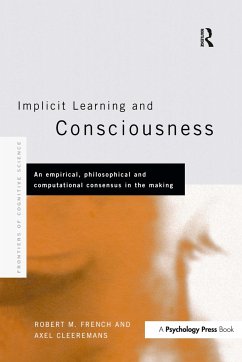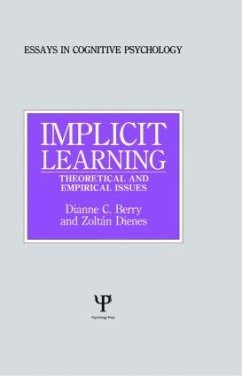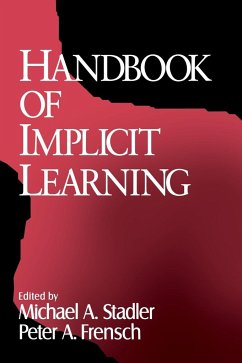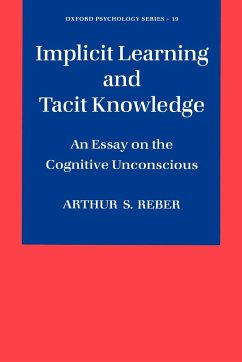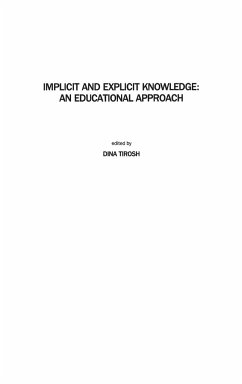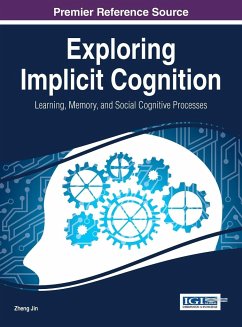
Implicit Learning
50 Years On
Herausgeber: Cleeremans, Axel; Kuvaldina, Maria; Allakhverdov, Viktor
Versandkostenfrei!
Versandfertig in 1-2 Wochen
168,99 €
inkl. MwSt.
Weitere Ausgaben:

PAYBACK Punkte
84 °P sammeln!
Can we learn without knowing we are learning? To what extent is our behavior influenced by things we fail to perceive? What is the relationship between conscious and unconscious cognition? Implicit Learning: 50 Years On tackles these key questions, fifty years after the publication of Arthur Reber's seminal text.




